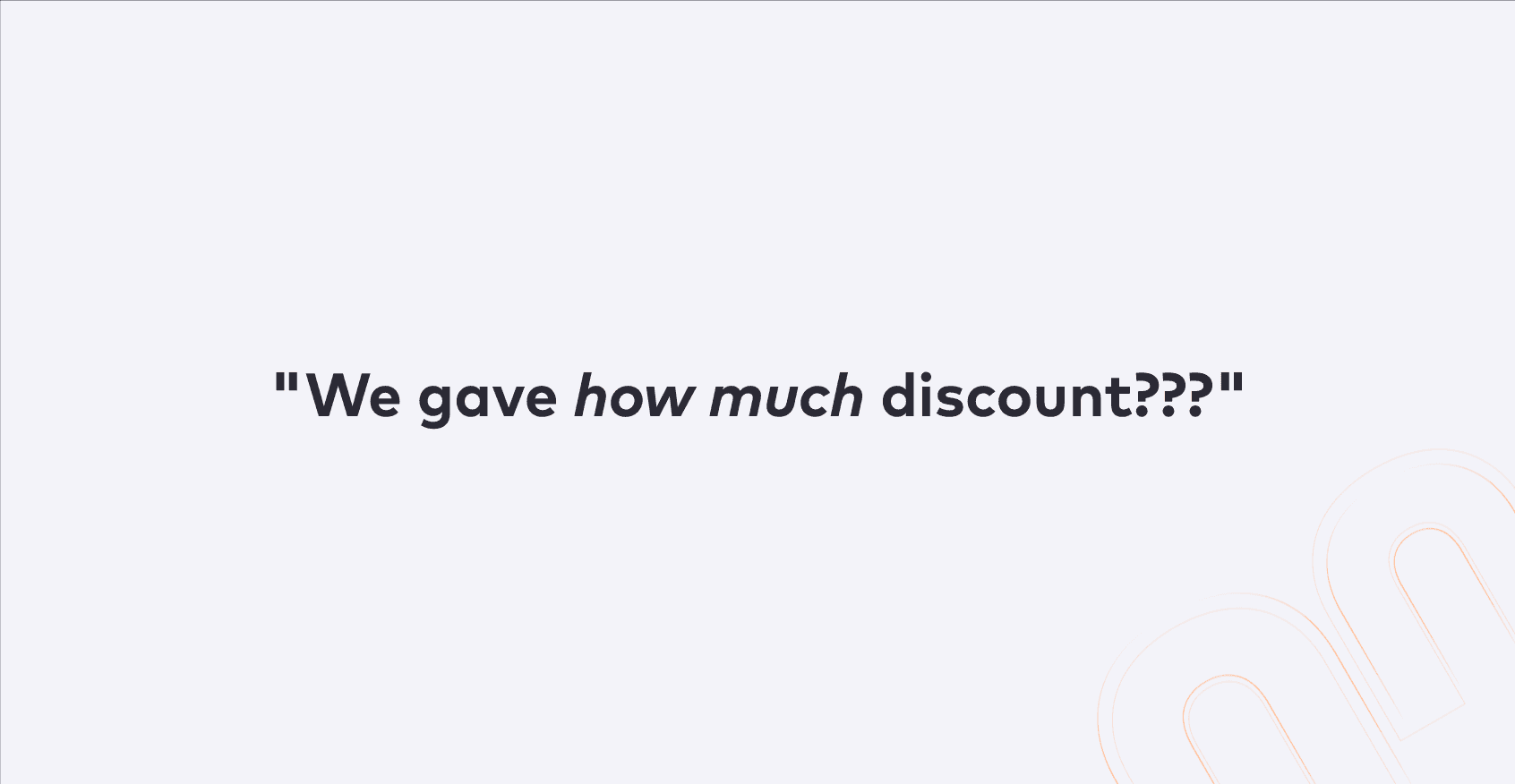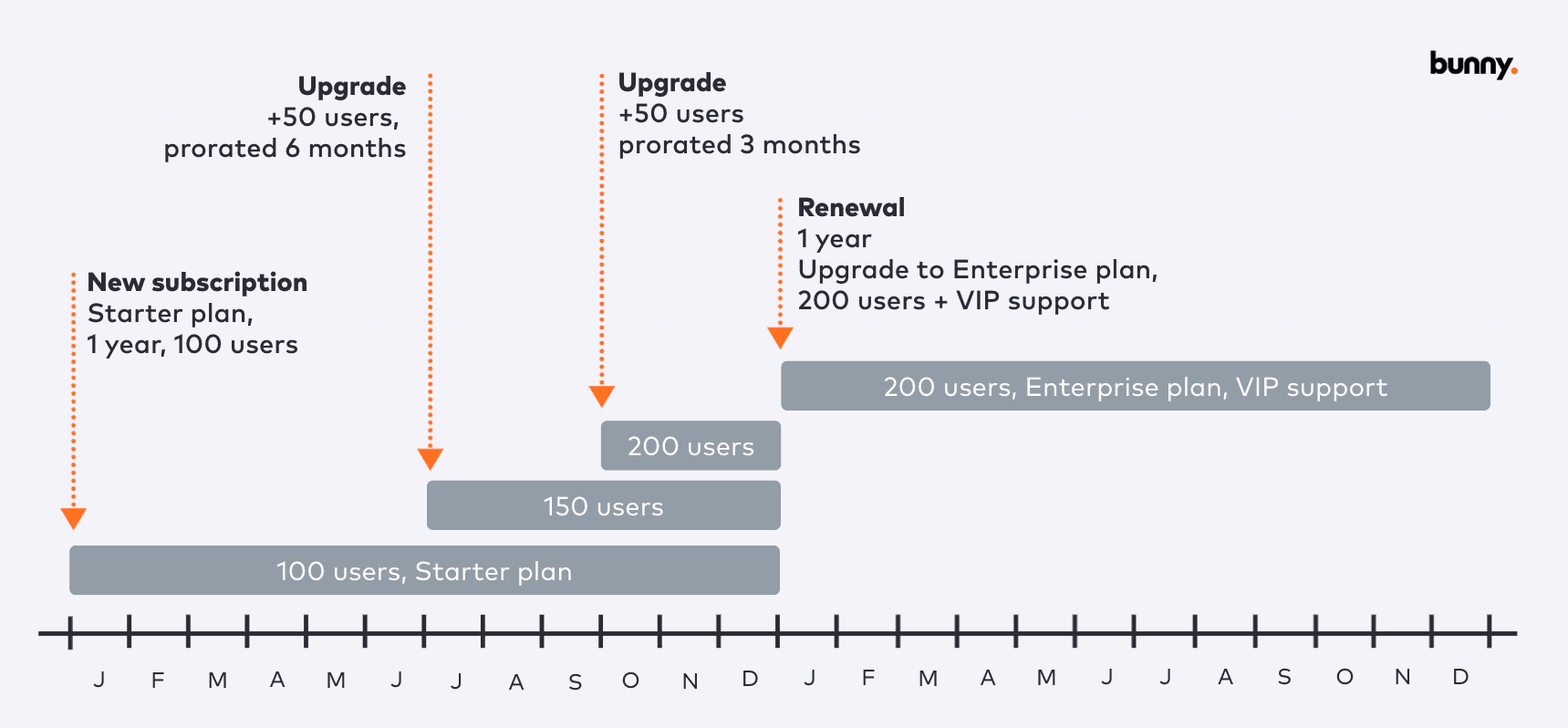
Why you need quote approval workflows

Most business processes start out being manual and the same goes with quote approval workflows. Approval rules are usually put in place as a reaction to a deal that was heavily discounted. Why did we give so much discount? Who approved the discount? Will it happen again?
As your sales team scales, manual approval workflows begin to break down. New salespeople may not be fully aware of the rules or break the rules to get deals done. This behavior can even propagate up the approval chain where directors and VPs do “what it takes” to get a deal over the finish line. Even just communicating rule changes through an organization can be a challenge.
Approval workflows are not just about controlling “bad behavior”. They are also about operational excellence. In the end, everyone wants to do what’s best for the organization. Below are some of the top reasons for automating approval workflows.
Pricing consistency: Maintaining pricing consistency is a cornerstone of building trust with SaaS customers. Approval workflows help ensure that pricing aligns with the established pricing strategy, preventing pricing discrepancies and fostering customer confidence.
Pricing optimization: Approval workflows enable pricing experts to analyze quotes and recommend optimal pricing strategies. This ensures that quotes are competitive and aligned with market trends, increasing the likelihood of closing deals at the right price point.
Cross-functional collaboration: SaaS sales involve multiple departments, including sales, product development, legal, and finance. Approval workflows facilitate collaboration among these teams, ensuring that all aspects of a quote, from features to terms and conditions, are thoroughly reviewed and aligned with company objectives.
Risk mitigation: SaaS contracts can be complex, and overlooking critical details can lead to costly disputes or dissatisfaction among customers. Approval workflows provide an extra layer of scrutiny, helping identify potential risks in contracts, licensing agreements, and service level agreements.
Time efficiency: The SaaS market is highly competitive, and speed is often a determining factor in winning deals. Approval workflows prevent bottlenecks in the quoting process, ensuring that quotes are processed quickly and efficiently.
Scalability: SaaS companies often experience rapid growth. Approval workflows can easily adapt to accommodate increased quote volumes and the introduction of new product offerings, ensuring scalability without compromising quality.
Customer trust: When customers receive a quote that has undergone a rigorous approval process, they are more likely to have confidence in the SaaS provider's professionalism and reliability. This trust can be a significant factor in closing deals and building long-term relationships.
Bunny’s vertical approach makes it straightforward to set up approval workflows. No technical skills are required and you don’t need to master strange, abstract concepts to understand how they work. Approval workflows in seconds. Do more with Bunny.

